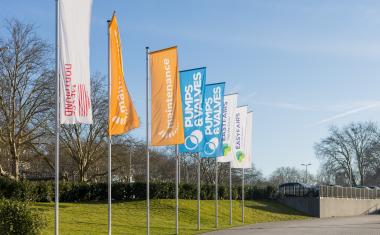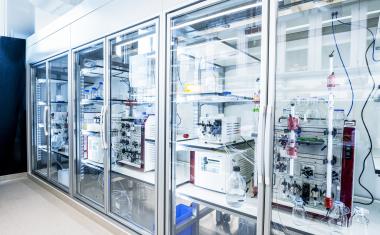
Industry Kick-Off with Signal Effect: More Than 310 Exhibitors expected at maintenance and PUMPS & VALVES 2026
Experience technologies, deepen knowledge, make valuable connections: In February, Dortmund becomes the beating heart of industrial mainte-nance and process technology.












































